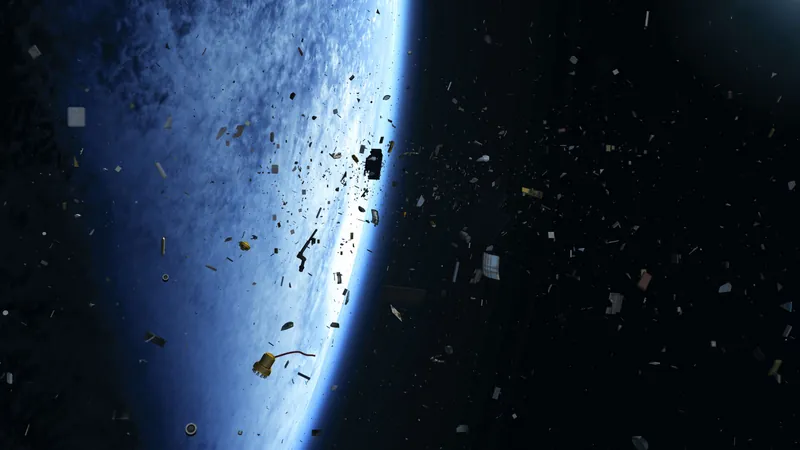
Are We Ignoring a Looming Crisis in Space? The Case for an 18th Sustainable Development Goal!
2025-01-11
Author: Benjamin
Introduction
In an era where global challenges like climate change and poverty demand our immediate attention, the concept of sustainable development is evolving beyond our planet. The United Nations set forth an ambitious agenda in 2015 known as the 2030 Agenda for Sustainable Development, featuring 17 Sustainable Development Goals (SDGs) aimed at fostering peace and prosperity for all. Now, experts are calling for an urgent addition—an 18th SDG dedicated to the sustainable management of space.
The Growing Threat of Space Debris
As commercial ventures and satellite mega-constellations proliferate in Low Earth Orbit (LEO), the issue of space debris—often termed "space junk"—has reached critical levels. The increasing number of launches has resulted in not only the deployment of nearly 20,000 satellites but also a significant accumulation of debris, including spent rocket stages and defunct satellites. According to the European Space Agency’s Space Debris Office, there are around 40,500 pieces of debris larger than 10 cm in LEO and a staggering 100 million fragments measuring between 1 mm to 10 cm. This debris poses a significant risk to current and future spacecraft, leading to potential scenarios like Kessler Syndrome, where collisions trigger a chain reaction of further debris creation.
A Call for Action
A recent study by an international team led by the University of Plymouth emphasizes the urgent need for a dedicated SDG for space. It suggests that lessons learned from marine debris management might be essential in creating a framework for tackling space pollution. Amid this alarming situation, experts highlight that space is not a limitless resource; rather, it demands collaborative regulation and sustainable practices.
Protecting Our Orbital Environment
One of the study’s authors, Professor Moriba Jah, emphasizes the critical need to treat space as an environment in need of protection, notably stating, "Our collective actions are leading us to a tragedy of the commons." This preservation-focused approach underscores a growing recognition that our forays into LEO must be governed by principles that emphasize sustainability, much like those for maintaining our oceans.
Lessons from Marine Waste Management
Dr. Imogen Ellen Napper, who spearheaded the research, pointed out the parallels between oceanic and extraterrestrial waste management: "Just as marine litter knows no boundaries, so too does space debris," she explained. Calls for a UN-backed agreement echo through the recommendations of the study, indicating that coordinated international efforts are vital to safeguarding our orbital environment.
Learning from Past Mistakes
In considering the threat posed by space debris, previous studies have indicated that mismanagement in maritime industries has led to severe ecological impacts. Echoing these concerns, Dr. Thomas Dowling warned against recklessly exploiting LEO, urging that we must implement regulations to prevent damaging what he describes as “a finite environment.”
The Interconnectedness of Space and Earth
As we ponder a potential SDG18, the principles of SDG14, which emphasizes the sustainable use of oceans, should serve as a guiding framework. Implementing robust governance for space could not only mitigate debris but also enhance our understanding of terrestrial challenges through Earth observation satellites, disaster relief portals, and geolocation services.
Conclusion
The interconnectedness of our activities both in space and on Earth is clear. With humanity gearing up for plans to become an interplanetary species, we must learn from our actions on this planet to ensure we do not repeat past mistakes in the cosmos.
As we face extraordinary challenges ahead, it is crucial we take proactive measures. Implementing a comprehensive policy for orbital sustainability is not just a matter of preserving our immediate environment—it's an essential element for the future of human advancement in the universe. Will the UN rise to the occasion and establish a dedicated SDG for space before it’s too late? Only time will tell if we can unite to protect the final frontier!
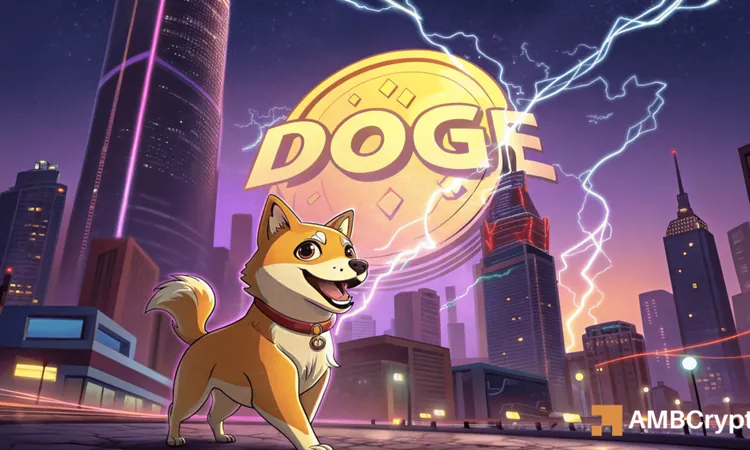

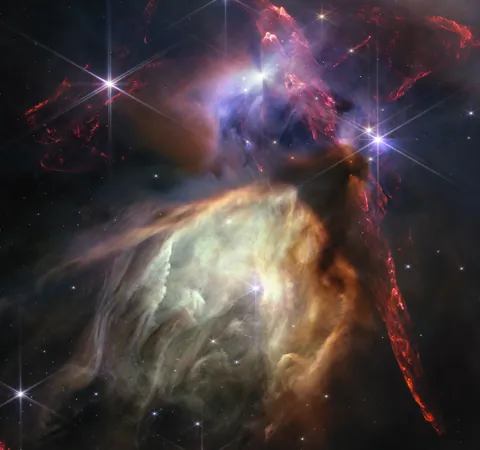
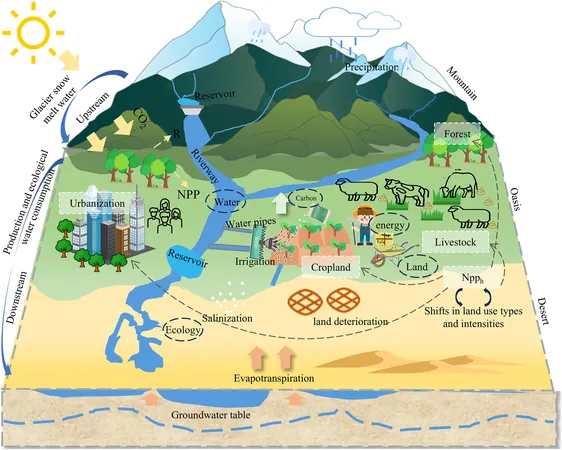

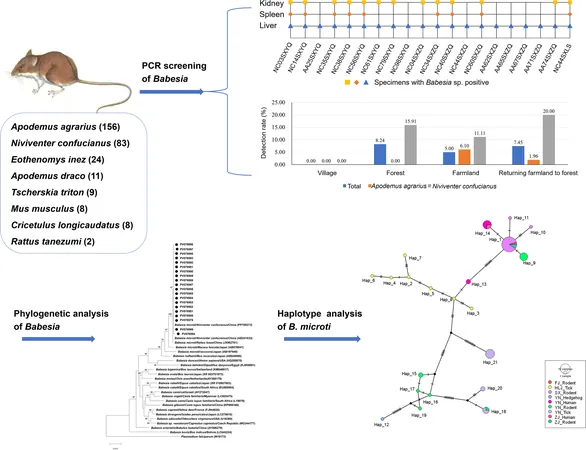



 Brasil (PT)
Brasil (PT)
 Canada (EN)
Canada (EN)
 Chile (ES)
Chile (ES)
 Česko (CS)
Česko (CS)
 대한민국 (KO)
대한민국 (KO)
 España (ES)
España (ES)
 France (FR)
France (FR)
 Hong Kong (EN)
Hong Kong (EN)
 Italia (IT)
Italia (IT)
 日本 (JA)
日本 (JA)
 Magyarország (HU)
Magyarország (HU)
 Norge (NO)
Norge (NO)
 Polska (PL)
Polska (PL)
 Schweiz (DE)
Schweiz (DE)
 Singapore (EN)
Singapore (EN)
 Sverige (SV)
Sverige (SV)
 Suomi (FI)
Suomi (FI)
 Türkiye (TR)
Türkiye (TR)
 الإمارات العربية المتحدة (AR)
الإمارات العربية المتحدة (AR)